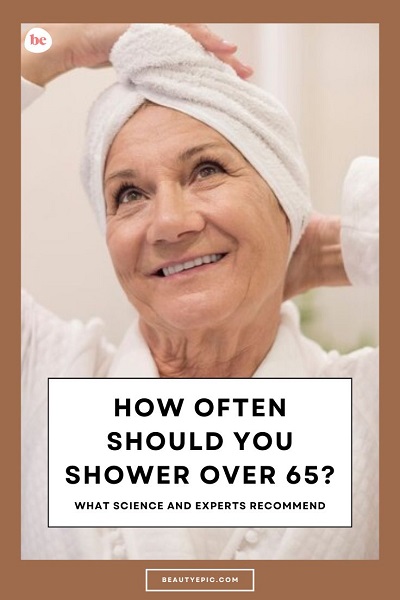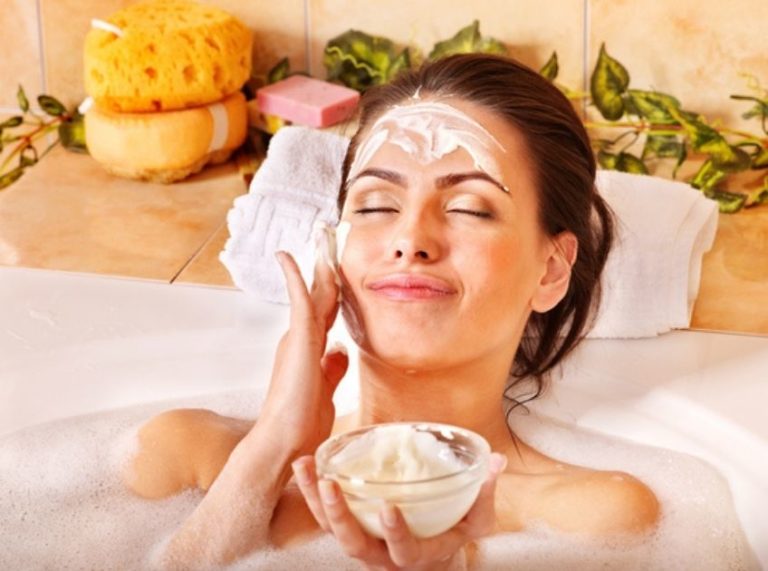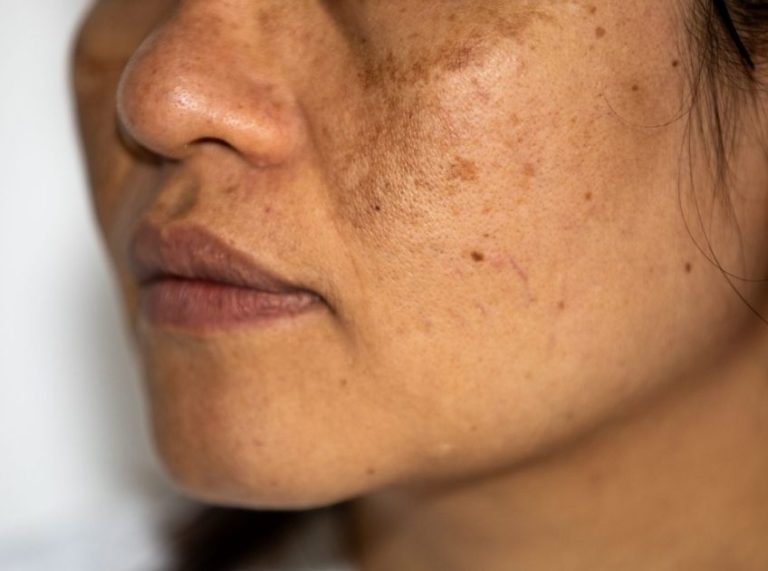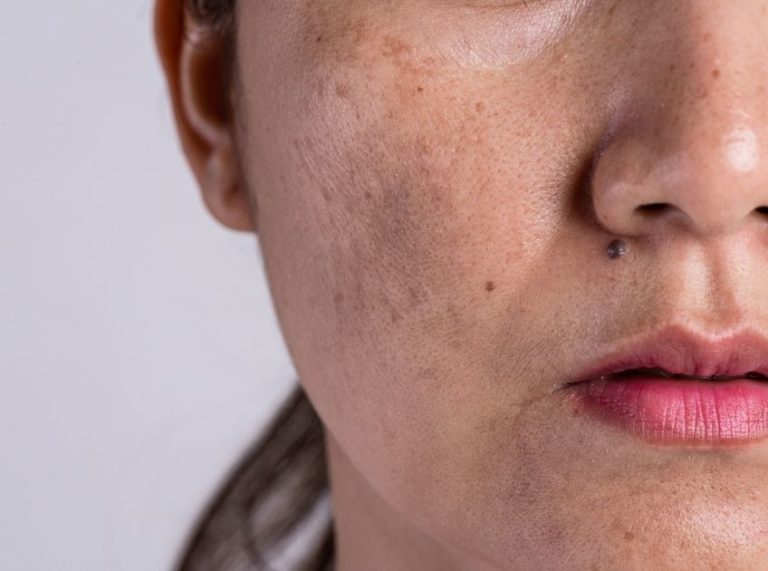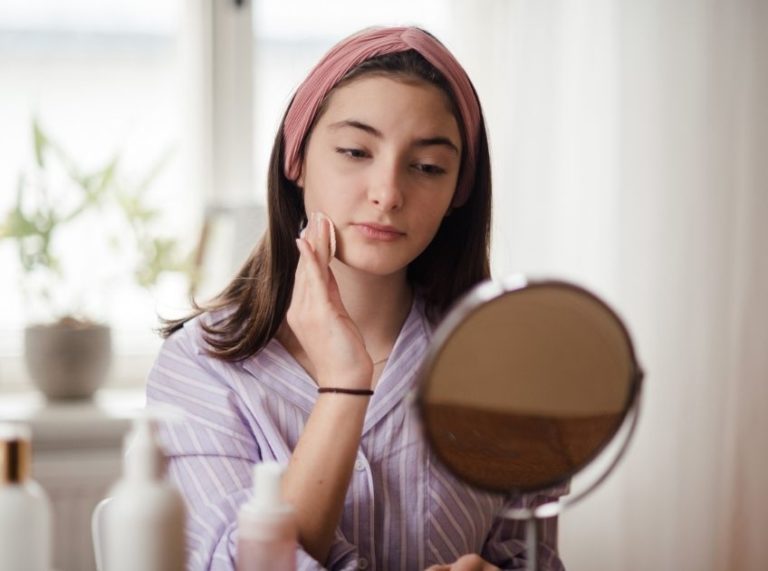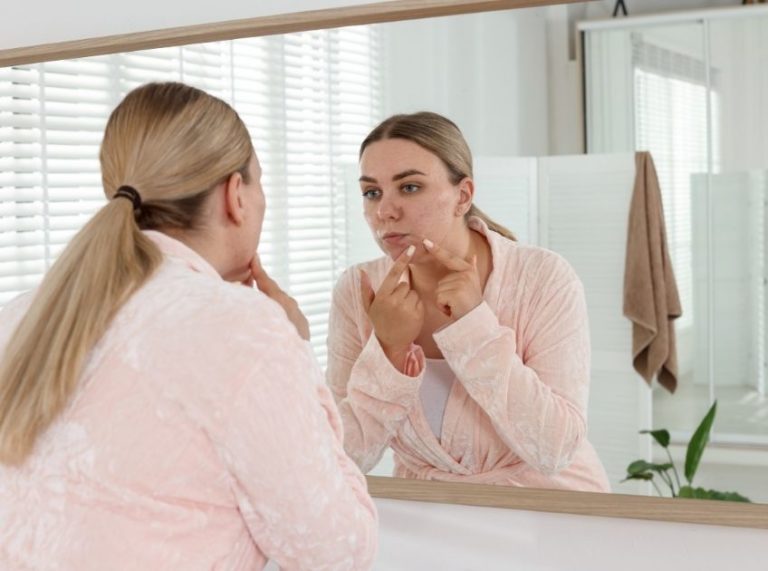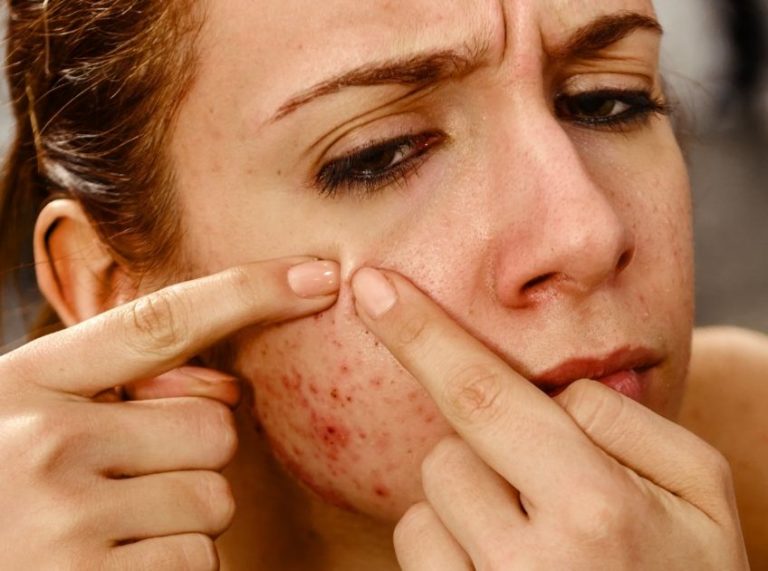
Important: This article is for informational purposes only. Please read our full disclaimer for more details.
As we age, our bodies go through many changes, including how our skin responds to daily habits like bathing. For those over 65, one of the most common hygiene questions is: How often should I shower? While daily showers may seem like a gold standard for cleanliness, it’s not always necessary—or even beneficial—for older adults.
Dermatologists and geriatric health experts suggest that too much bathing can do more harm than good, especially to aging skin. This blog post breaks down the ideal shower frequency for seniors, why it matters, and how to keep your skin healthy while staying clean and refreshed.
Why Daily Showers Aren’t Always Best After 65
Our skin becomes thinner and drier with age. This is partly due to a natural decline in oil (sebum) production and slower cell turnover. According to the American Academy of Dermatology, seniors are more prone to dry, itchy skin, eczema, and skin tears—all of which can be worsened by frequent washing with hot water or harsh soaps.
Key Reasons to Reconsider Daily Showers
- Skin dryness: Frequent bathing strips natural oils, leading to irritation and flaking.
- Risk of falls: Slippery bathroom surfaces make daily showers risky for older adults with balance or mobility issues.
- Medical skin conditions: Conditions like eczema, psoriasis, or dermatitis may flare up with overwashing.
Scientific Insight
A 2021 study in Clinical Interventions in Aging noted that gentle hygiene routines, including fewer full-body showers, are better suited for preserving the skin’s barrier in older adults (1). The National Institute on Aging also advises limiting showers to avoid disrupting skin microbiota (2), which can lead to infections.
How Often Should Seniors Shower? The Balanced Approach
Most geriatric health professionals recommend that seniors shower 2–3 times per week, unless there are specific needs like heavy sweating, incontinence, or skin infections.
A Few Exceptions to Consider
- Active lifestyle: If you exercise or sweat more, consider gentle cleansing more often.
- Skin folds and hygiene: Clean areas like the groin, armpits, and feet daily with a damp cloth.
- Medical conditions: If your doctor recommends more frequent showers for wound care or infection control, follow their advice.
For those who feel unclean without daily showers, sponge baths or rinse-offs can be effective and less drying.
The Best Shower Routine for Seniors
If you’re showering less frequently, how you shower matters even more. Use a skincare-conscious routine to preserve moisture and avoid irritation.
Senior-Friendly Shower Tips
- Use lukewarm water instead of hot water to protect the skin barrier.
- Limit shower time to 5–10 minutes.
- Choose fragrance-free, moisturizing cleansers—avoid deodorant or antibacterial soaps.
- Moisturize immediately after showering with a rich, non-comedogenic lotion.
- Install grab bars and non-slip mats to prevent accidents in the bathroom.
For sensitive skin, products with colloidal oatmeal, ceramides, or hyaluronic acid are especially soothing.
Is Showering Less Often Unhygienic?
Not at all. Modern hygiene isn’t about harsh scrubbing every day. Over-cleansing can remove beneficial bacteria that protect against infection and inflammation.
According to dermatologists, daily cleansing of high-sweat and high-bacteria areas—like the underarms, groin, and feet—is enough for hygiene. Full-body showers a few times a week, supported by daily spot cleaning, are more than adequate for cleanliness and comfort.
Additionally, excessive bathing is linked to increased transepidermal water loss (TEWL), a measure of skin dehydration, which can accelerate visible signs of aging like wrinkles or redness.
Frequently Asked Questions (FAQ’S)
Q1: Can I shower every day if I use moisturizer?
A. Yes, but be sure to use lukewarm water, a gentle cleanser, and apply moisturizer immediately after drying off. Even with good products, it’s best to avoid long or hot showers.
Q2: Is a sponge bath as effective as a shower?
A. Absolutely. Spot-cleaning daily with a soft cloth and mild soap can maintain hygiene, especially when combined with regular full-body showers two or three times a week.
Q3: What kind of soap is best for aging skin?
A. Look for creamy, unscented cleansers labeled for sensitive or mature skin. Avoid foaming or alcohol-based products, which are more drying. Brands with ceramides or natural oils are ideal.
Shower Smarter, Not More
For people over 65, the key to good hygiene isn’t how often you shower—it’s how gently you care for your skin. Limiting showers to 2–3 times a week helps protect your skin’s natural oils, reduce irritation, and minimize fall risks—all while keeping you fresh and clean.
Stay mindful of your body’s needs, adapt your routine as your skin changes, and consult your healthcare provider if you experience persistent dryness, rashes, or discomfort. Healthy aging includes healthy hygiene, tailored just for you.
